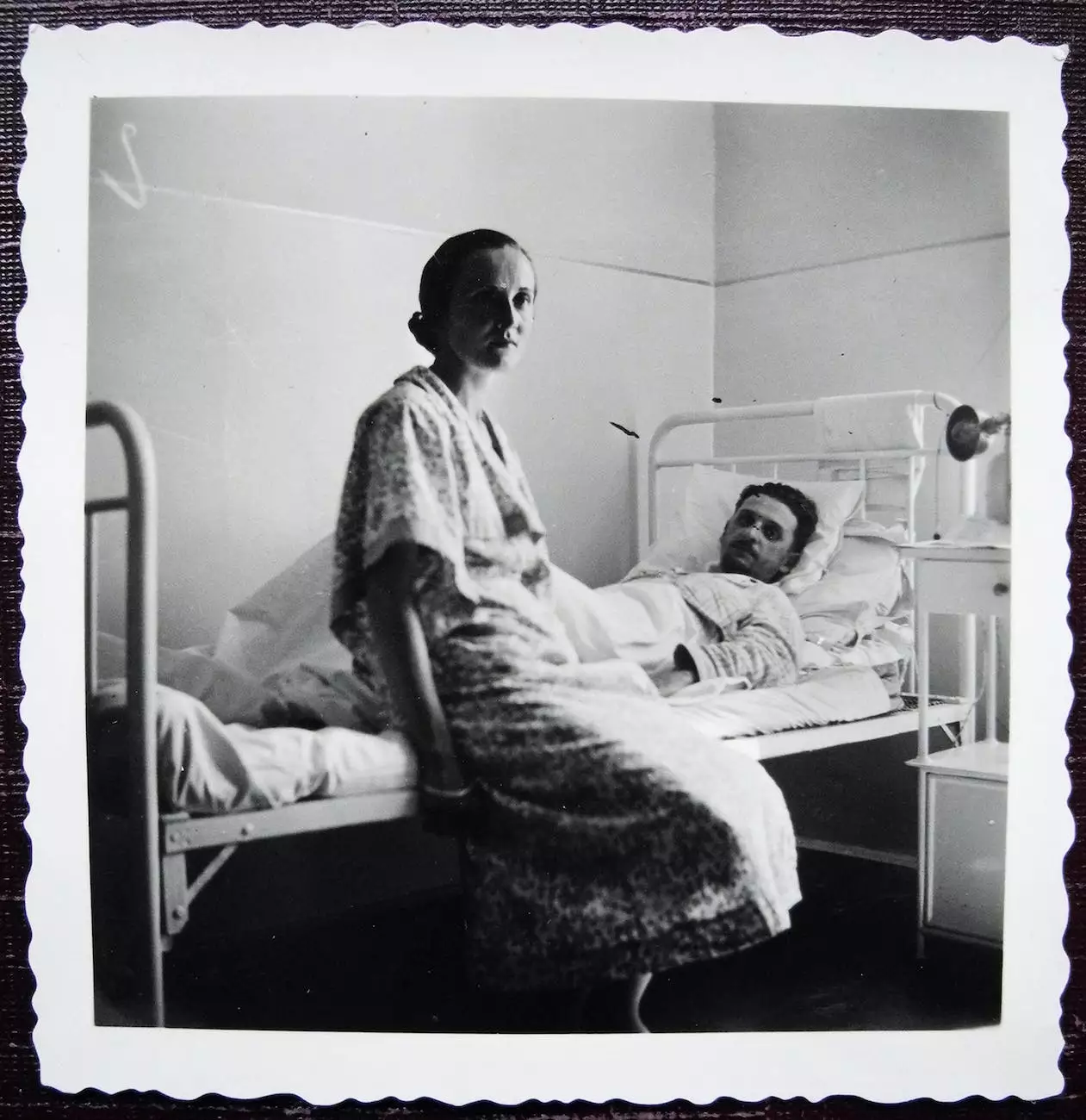Mitrofanoff Procedure

What is the Mitrofanoff Procedure?
The Mitrofanoff Procedure is a surgical technique developed by Dr. Paul Mitrofanoff that allows for the creation of a urinary catheterizable channel in individuals who require long-term bladder drainage. This procedure is particularly useful for patients with neurogenic bladder dysfunction, spinal cord injuries, or certain congenital conditions.
How Does the Mitrofanoff Procedure Work?
The Mitrofanoff Procedure involves the creation of a passage between the bladder and the abdominal wall, usually using a small segment of the appendix or a small piece of intestine. This creates a new pathway through which a catheter can be inserted to drain urine from the bladder.
Benefits of the Mitrofanoff Procedure
The Mitrofanoff Procedure offers several benefits to patients with bladder dysfunction. Some of the key benefits include:
- Improved Quality of Life: The Mitrofanoff Procedure allows individuals to perform catheterization on their own, reducing reliance on external devices and improving their overall independence.
- Reduced Risk of Bladder Infections: With regular catheterization, the risk of bladder infections is significantly reduced, leading to improved overall bladder health.
- Easier Bladder Management: The Mitrofanoff Procedure simplifies the process of bladder drainage, making it easier for patients to maintain a healthy bladder function.
- Customizable: The procedure can be tailored to the specific needs of each patient, ensuring optimal results and improved outcomes.
- Potential for Better Continence: In some cases, the Mitrofanoff Procedure can lead to improved bladder control and continence in patients with neurogenic bladder dysfunction.
Risks and Considerations
Although the Mitrofanoff Procedure offers many benefits, it is important for patients to be aware of the potential risks and considerations. These may include:
- Infection: As with any surgical procedure, there is a risk of infection. Proper post-operative care and hygiene practices can help minimize this risk.
- Scar Tissue Formation: Scar tissue may form around the catheterizable channel, potentially leading to difficulties with catheter insertion or increased risk of blockages. Regular follow-up with the surgical team is essential to monitor and manage any scar tissue formation.
- Complications with Intestinal Segments: If a segment of the intestine is used for the procedure, there can be potential complications related to the segment's function. These complications may include obstruction, ulcers, or other gastrointestinal issues.
- Recovery Time: The recovery period after the Mitrofanoff Procedure may vary depending on the individual and the specific surgical approach. It is important to follow post-operative instructions provided by the surgical team to ensure proper healing and minimize the risk of complications.
Recovery Process
The recovery process after the Mitrofanoff Procedure typically involves:
- Hospital Stay: Patients will generally stay in the hospital for a few days following the procedure to ensure proper healing and provide care instructions.
- Catheter Care: The surgical team will provide detailed instructions on how to care for the catheter and perform regular catheterizations to drain urine.
- Follow-Up Visits: Regular follow-up visits will be scheduled to monitor the healing process, assess the functioning of the catheterizable channel, and address any concerns or complications.
- Lifestyle Adjustments: Patients may need to make certain adjustments to their daily routines to accommodate the need for regular catheterizations. The surgical team will provide guidance on maintaining a healthy and active lifestyle while managing the Mitrofanoff Procedure.
Conclusion
The Mitrofanoff Procedure offers a valuable solution for individuals with bladder dysfunction, providing a reliable and convenient way to manage long-term bladder drainage. With its numerous benefits and customizable approach, this surgical technique performed by Dr. Foley James D MD has the potential to greatly enhance the quality of life for patients with neurogenic bladder dysfunction, spinal cord injuries, and various congenital conditions. If you believe you may benefit from the Mitrofanoff Procedure, we encourage you to schedule a consultation with our clinic to discuss your options and determine the best course of action for your specific needs.




